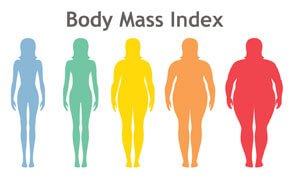Have you ever been in gym class, runnin' along with your buds, when suddenly you can't catch your breath? Then you start to make a terrible wheezing sound and no matter how you try, you can't seem to get any air. If this is you, odds are you suffer from asthma. Check out the following list of symptoms to see if they apply to you.
Symptoms of an Asthma Attack
First, you need to know that not everyone has the same symptoms when they suffer from asthma. Here are a bunch to keep in mind:
- Some people will cough and cough.
- Some people feel like they can't catch their breath.
- Some people feel like air is trapped in their lungs and they can't get it out.
- Some people have pain in their chest.
- Some people have very noisy breathing.
- Some people make the noise (the wheeze) both when they breathe in and when they breathe out. This is called a biphasal attack. It's a very severe attack and should be attended to by a doctor.
What is Asthma?
This is a good question, but first we need to understand how we breathe. Our respiratory system is the system we use to breathe. It includes our nose, mouth, windpipe (also called a trachea) and lungs. It also includes airways, called bronchi or bronchioles, that connect our nose and mouth with our lungs. Finally, at the end of the airways are little airsacs, called alveoli. When we breathe, the muscles that wrap around the airways are loose and relaxed, while the lining inside the airways is very thin. This allows the airways to open up and it makes it easy to get air in and out of the small air sacs that make up the lungs. So breathing is air drawn in through the mouth or nose, through the relaxed airways, to the airsacs, and then exhaled out again.
Asthma - The Respiratory Disease
Asthma is a respiratory system disease. This means the system we use to breathe doesn't work according to the above plan. During an asthma attack, the muscles around the airways go into spasm, causing them to tighten. The lining inside the airways swells or thickens, making the airways very thin. Now add lots of thick mucus, clogging the already skinny airwaves. This combination makes it very hard to move air in and out of the air sacs. In other words - it's hard to breathe! It is actually harder to release air from the lungs (expire) than it is to breath air in (inspire.) Regardless, the feeling is still the same - a terrible shortness of breath.
Click here to find out what causes Asthma.

































